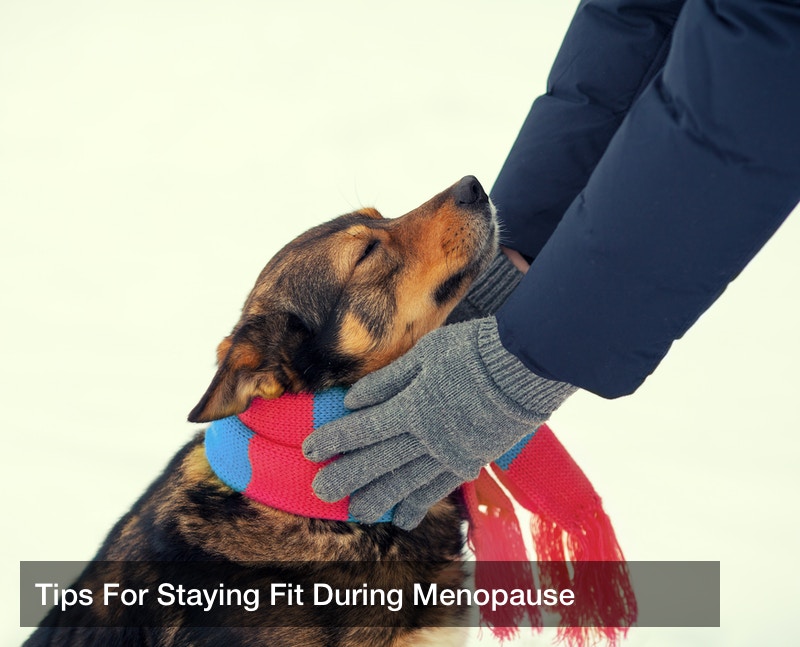
 Over 80% of Americans wear sunglasses during the summer, but fewer than a third of them put them on during the winter, according to a survey by the American Optometric Association (AOA).
Over 80% of Americans wear sunglasses during the summer, but fewer than a third of them put them on during the winter, according to a survey by the American Optometric Association (AOA).
Though sunglasses are great for boosting your style in the warm weather, it’s important to never forget their main purpose: protecting your eyes from the sun’s dangerous ultraviolet (UV) rays.
UV rays are a type of radiation that can damage both the skin and the eyes — they are an invisible part of the light emitted by the sun. The sun’s UV rays are strongest between 10 a.m. and 2 p.m., so it’s crucial that people wear proper sunglasses during these hours… but not just over the summer.
According to ABC News, during the winter months, UV exposure can lead to photokeratitis, commonly referred to as “snow blindness.” This is a common issue for skiers and snowboarders who aren’t wearing proper eyewear at higher elevations. However, simply being around snow without wearing protective sunglasses can significantly increase the chance of photokeratitis.
“Fresh snow can reflect nearly 80% of radiation off the surface,” said Dr. Samuel Pierce, president of the AOA. “If you spend a lot of time outdoors, regardless of what you’re doing, you put yourself at greater risk.”
Thankfully, quality sunglasses can block 100% of UV rays and absorb most high-energy visible (HEV) rays. Shades with a close-fitting wraparound style offer the best protection because they limit how much sunlight actually reaches your eyes from above and beyond the periphery of the sunglass lenses.
Additionally, here are some great tips for keeping your eyes healthy all year-round:
- Limit screen time — In the past, people didn’t have to worry about TV, computer, and cellphone screens. That has certainly changed. Even reading and writing emails, which is extremely common, can cause eye problems if it’s over an extended period of time. Roughly 92% of knowledge workers collaborate over documents using email services.
- Quit smoking — Everyone is aware of the links between smoking and heart disease and cancer, but smoking or being exposed to secondhand smoke can cause serious harm to your eyes and even lead to vision loss. Smokers have a much greater risk of developing age-related macular degeneration (AMD), glaucoma, and cataracts.
- Get in shape — Exercise can decrease the risk of many eye concerns, including cataracts, glaucoma, and AMD. People who regularly exercise at least three times a week have a much lower risk of developing these eye conditions.
From your head to your toes, you should always be taking care of your body. Even if you’re on vacation, like the 112 million people who do so in the Sunshine state, make sure you’re caring for your body. And don’t neglect your eyes over the winter. Stop staring at the TV all day, quit smoking for good, work out a little more, and always wear protective sunglasses outdoors.



